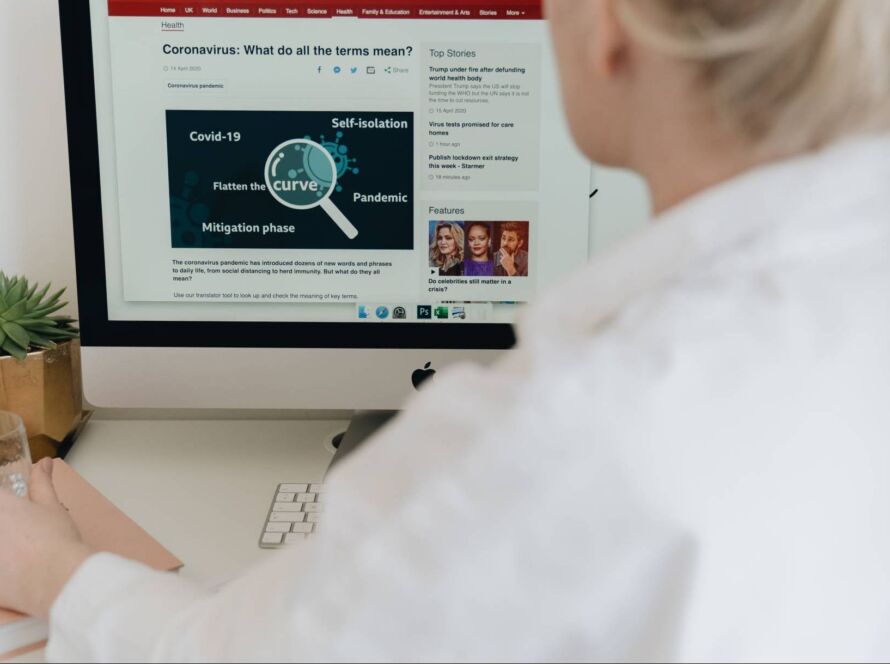Five years ago Pinterest, the image-sharing social network, had around 5,000 users. Today, it has over 100 million active users, is worth over $11 billion and is continuing its steady growth—both at home and abroad.
Early Pinterest users displayed a passion for design, so CEO Ben Silbermann built a good relationship with design bloggers, which kick-started Pinterest’s close engagement with the blogging community. This was an enormous help to Pinterest in the early days since it gave the fledgling social network access to a large, engaged audience that was full of potential new members.
When it comes to reaching a larger audience, bloggers are often the gatekeepers. As such, you should only approach them with open and sincere intentions. Bloggers guard their audiences with care (rightfully so) and they know they have valuable influence. Annoy too many influencers with insincere, generic emails and gaining access to their audience becomes difficult and expensive. To avoid getting shut down in your blogger outreach, here are some important rules of engagement:
Be Sincere
This point can’t be stressed enough. Generic, copy-and-paste email blasts to hundreds of bloggers won’t work. First, you have to be sure that a blogger outreach approach is right for your business, target customers, and audience.
Great content is crucial, but without amplification, it can take noticeably longer to generate high-volume, high-quality traffic to your website. It’s far better to have tens of thousands of viable customers than hundreds of thousands who found you through an expensive PPC campaign. Working with bloggers places your content or marketing copy in front of a highly targeted audience, which you can only earn access to if you do your homework.
This is the worst kind of email bloggers receive on a daily basis: “Dear Sir or Madam attached you will find some information about a new product we have just released. We would appreciate it if you could write a positive review about it on your blog.”
Best case, it’s ignored. Worst case, the “Dear Sir or Madam” will share the email on social media, alerting other bloggers to the latest insincere pitch landing in their inbox. Don’t be that brand.
Instead, take the time to be sure the blog is a good fit for the campaign, and then send a friendly email that addresses the website owner by their first name.
Make Blogger Outreach an Ongoing Activity
Much like journalists, bloggers don’t like to receive generic, press release-style emails unless it’s directly relevant to their audience. Make time to maintain consistent contact with bloggers in your network on a regular basis.
Read their blogs, send them links when you see something relevant to them, follow them on social media. By providing value and support now, you build goodwill and increase the likelihood that they’ll reciprocate when you want them to write about your brand or publish a guest article down the road.
Don’t Try to Control the Message
Bloggers are fiercely independent and opinionated. Trying to make sure they stick to your script simply won’t work. Even when you pay for a sponsored post, they can lose credibility with their readers if they don’t feel able to express their views.
What they write will be based on their experience of your product or service, the brand and the interactions they have with you. Attempting to control the message will only harm the relationship and could damage the brand’s reputation.
As you work with bloggers, remember that these contacts could develop into some of your strongest brand advocates. Always be sincere, genuine and take the time to ensure you are working with the right bloggers for your brand. Do your homework before starting outreach by reading the blog to make sure it’s a good fit for both parties. Finally, let go of the idea that you can control what they say. Earned media mentions do not come from a paid spokesperson for your business. Rather, bloggers need editorial independence to maintain the credibility that makes their endorsement valuable.
[xyz-ihs snippet=”Hubspot-CTA-Leaderboard”]




